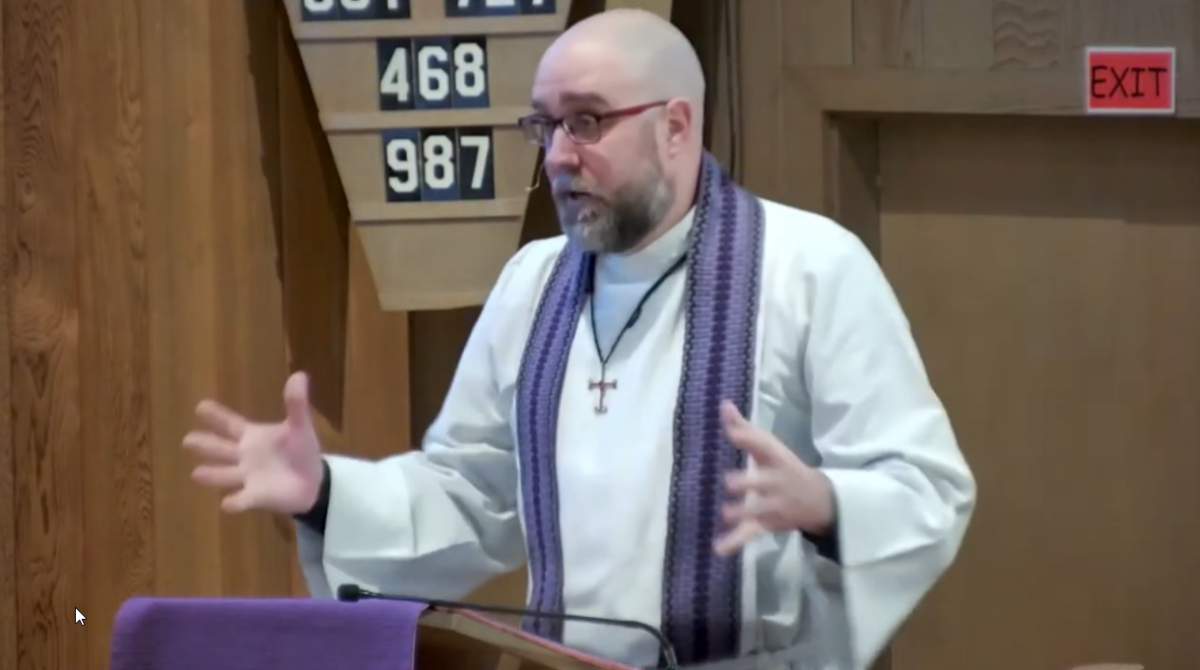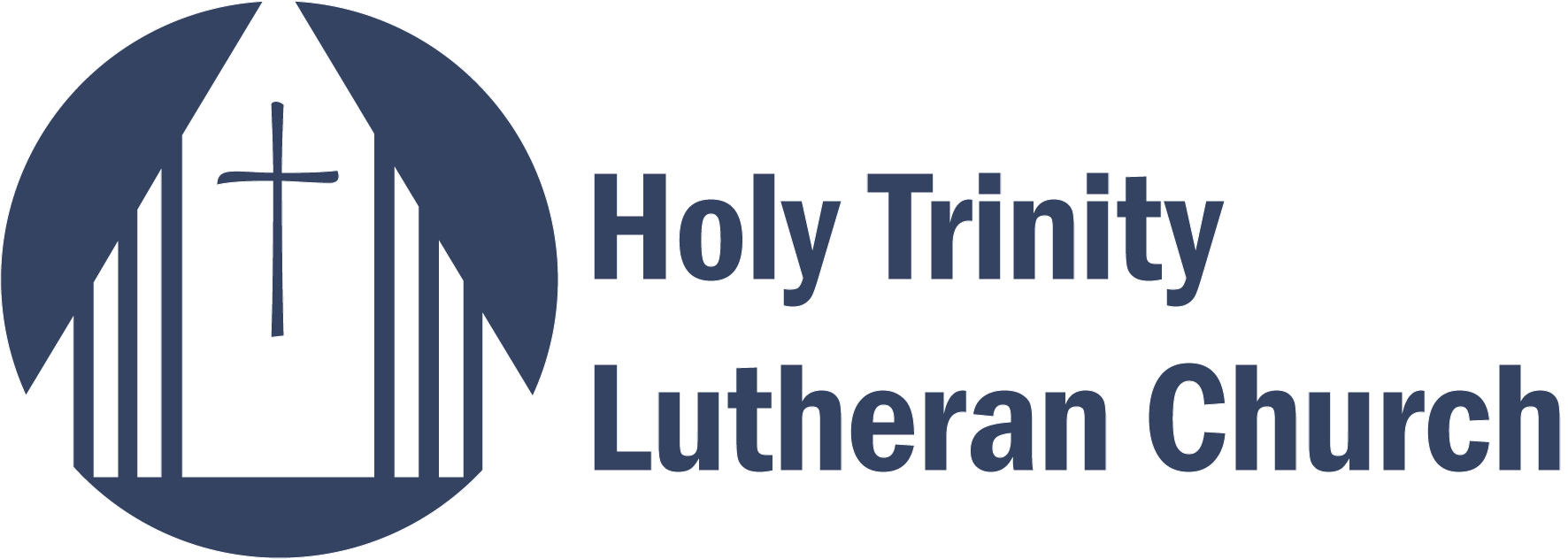The world transformed

“Are you sure about this plan, God? Because it doesn’t seem to be working out and I’m not sure I see the path forward.”
We find, in our texts today, some people who are grappling with the road that is ahead of them. Abraham and Sarah in Genesis and the Philippians in Paul’s letter have set out on a journey, have made a commitment to this God, and now are wondering if maybe that wasn’t such a good idea. God has made promises and they are struggling to see how these promises will be kept.
Abraham and Sarah, still Abram and Sarai at this early point in their story, have left their homes, their country, their people, everything they have ever known in their lives, to follow the call of a God they’ve never known before. This God has promised something that nobody has been able to deliver—a child, an heir for them, but more than that, a future. This God has told them that they will be cared for and protected, that they will be looked after even past the end of their lives. And they have left everything to follow this promise. After trusting this God, after following the call of this God, they have nothing to show for it, but the wrinkles of more years and less hope than they once had. This God who has spoken to them seems to have let them down.
And the Philippians, a church that Paul started years before, have begun to wonder whether or not this plan is going to work out. Their beloved founder, the apostle they hold in such high regard—Paul—has been arrested, has been put in prison, and the Philippians want to know if that’s what’s in their future, too. Is that what lies at the end of this journey? Is that the road we’re on? Maybe we should give this a second thought.
And we are now in a period of a kind of national doubt, maybe even a global doubt. The last decades have seen an emphasis on expanding our concern for others. While there are still miles to go, the experiences of black Americans in the legal system, the experiences of women in the workplaces, and the experiences of those who simply want to marry their beloved regardless of their gender have become part of our national conversations. The old hierarchies, where some of us belonged more than others, have increasingly been questioned and in some ways torn down, as we have sought to make more and more room at the table of belonging. And for many of us, this is in keeping with the mission of Christ. We see the Christ who went to the Samaritan woman at the well, who reached out to sick and the suffering, who told us that wherever we see the hungry, the thirsty, the impoverished, and imprisoned, we see him, we see the Christ himself. For many of us, we look around and see it as part of our call to stand with those who are being pushed down, to speak with and for those who are being silenced.
But all of this has led to a backlash as well. There are those who still cling to the old hierarchies, who want to keep the same sorts of people on top that have always been there. And these voices that celebrate marginalizing others, that speak up about speaking down to outsiders, these voices seem to be growing louder and louder. And maybe the rest of us have been wondering what exactly we’re supposed to be doing. As we hear these voices grow, as we watch friends and neighbors and fellow citizens embrace old prejudices, we may be wondering if God’s promises will be kept, if the future we’ve been working toward is a possibility, or not. Like Abraham and Sarah, like the Philippians, we may be wondering if the way of the Cross, the way of self-giving love, really and truly does lead to the Promised Land of new life.
Paul’s words of assurance to the Christians in Philippi, are at first cold comfort. “Imitate me,” he tells them, right after telling them that he has been imprisoned. He goes on to say that “our citizenship is in heaven” and that the Savior Christ will transform us one day. And at first, these words seem to tell us that our hope is found in some other world, some far off heaven someday, and that we are to suffer our imprisonments in the meantime. “Sure, there is hardship now, but one day things will be better. Just wait until this world is swept away.”
But this is not the life Paul led at all. The life that Paul led was a life led in imitation of the Crucified One. And the Christ we name here did not live as if this world would one day be swept away. No, he lived as if the world was being transformed. This Christ did not tell the suffering people he encountered that someday things would be better; no, he found the suffering people and he joined them right where they were. Just as God refused to abandon Abraham and Sarah, but instead joined them in the wilderness, walked with them, led them to the Promised Land and new life, so too does the Christ find those of us in need and join us in our wilderness world.
And so when Paul writes that our citizenship is in heaven and that Christ is transforming us, he is not talking about someday, somewhere. He is talking about here, in this world, and today, in our world.
Because we are the ones who have seen that Promised Land. In the waters of our baptisms we heard that voice spoken from on high: “You are my child, my beloved, and there is nothing you can do, nothing you can fail to do, and nothing that can be done to you that will ever change that. You are my child, my beloved, and this is your name forever.” And it is this word that beings to transform us. This word envelopes us in a love that can never be taken away, not even in death.
And it is this word that empowers us to step into the world and to stand with those Christ stands with. No matter what the voices of fear and prejudice say—no matter even when those voices are spoken in our minds—no matter what those voices say, this word from Christ holds fast to us so that we can hold fast to them.
Our journey through the wilderness may not be over. Our walk will come with hardships, challenges, and maybe even prisons and crosses. But we do not make this journey alone. We walk through our wilderness world with the one who transforms—who transforms the wilderness into the Promised Land, who transforms us into Children of the Living God, who transforms death and into life.
With Abraham and Sarah, with Paul, with Christ, we walk with all of those in need of Christ’s loving word and with all of us who are being transformed into the body of Christ here and now.

